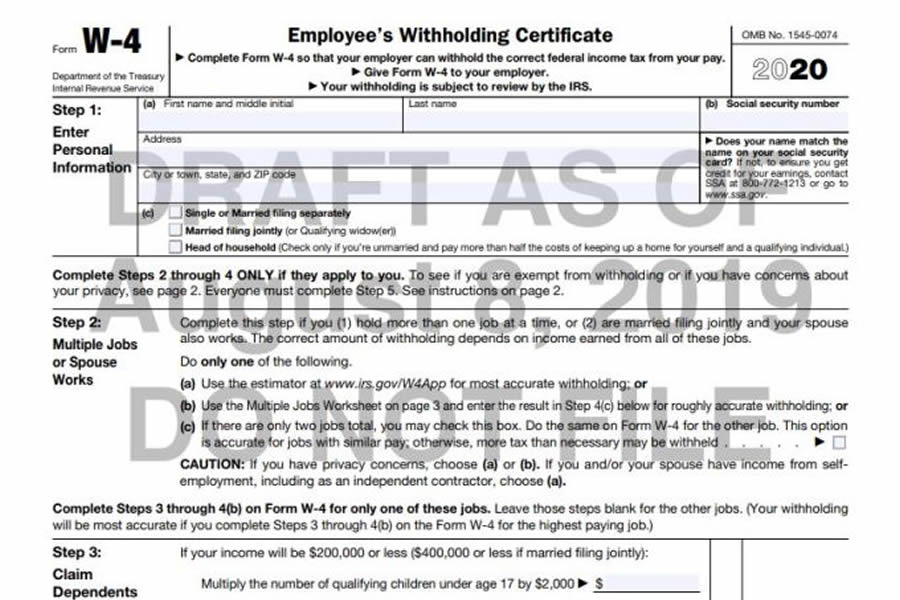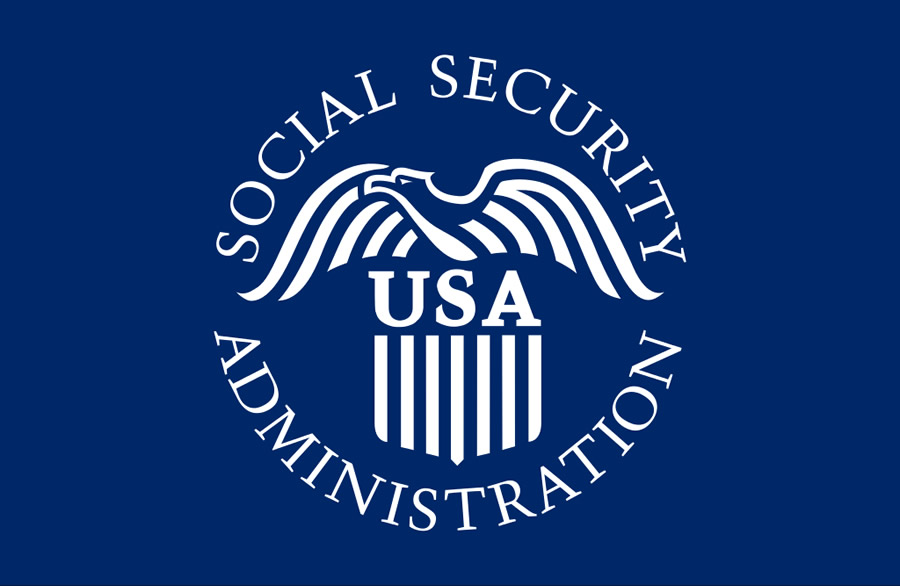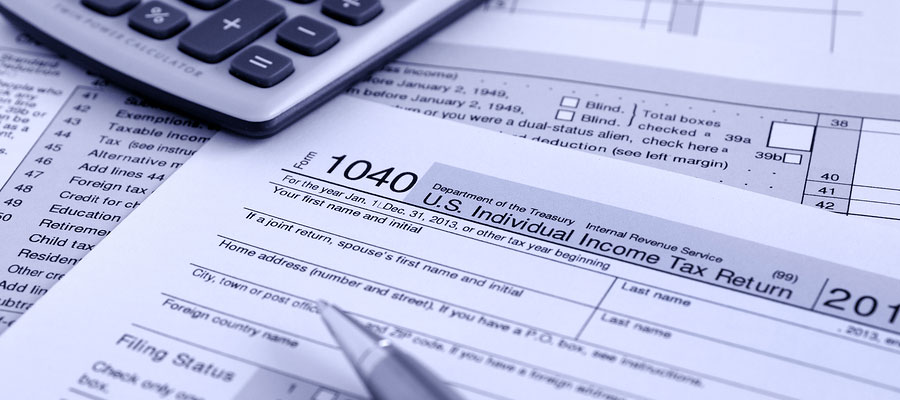
2019 Arizona Individual Income Tax Changes
12-18-2019Tax InformationAre Arizona itemized deductions the same as the federal itemized deductions?
Arizona itemized deductions are the same as the federal itemized deductions except:
- All qualified medical expenses are allowed.
- Any charitable donations claimed on the federal return for which an Arizona credit is claimed, must be removed from the Arizona itemized deductions.
- Arizona will allow a deduction for mortgage interest not allowed on the federal return due to claiming a federal mortgage credit.

How to benefit from a Home Office Deduction
11-06-2019Tax InformationA home office deduction can be taken when a taxpayer uses a portion of their home exclusively, and on a regular basis, for any of the following:
- As the taxpayer’s main place of business.
- As a place of business where the taxpayer meets patients, clients or customers. The taxpayer must meet these people in the normal course of business.
- If it is a separate structure that is not attached to the taxpayer’s home. The taxpayer must use this structure in connection with their business
- A place where the taxpayer stores inventory or samples. This place must be the sole, fixed location of their business.
- Under certain circumstances, the structure where the taxpayer provides day care services.

Employee vs Independent Contractor
10-30-2019Tax InformationEmployers, please be aware that just because you think someone is an Independent Contractor, the IRS and Tax Court might not agree.

5 tips for effective not-for-profit board oversight
09-17-2019InvestmentsThe attached link is to an article in the Journal of Accountancy that is a good reminder to those individuals involved with non-profit organizations.
www.journalofaccountancy.com/news/2019/sep/not-for-profit-board-oversight-201922017.html
Summary:
- Recruit board members with the time and skill sets that contribute to a well-rounded board
- Train members on their roles and responsibilities
- Take good minutes
- Set the yearly board calendar appropriately
- Address board members who aren’t performing or contributing

Redesigned W-4 Form
08-13-2019Tax InformationThe Internal Revenue Service released a redesigned Form W-4 for tax year 2020. The redesigned Form W-4 employs a building block approach to replace complex worksheets with more straightforward questions that make it simpler for you to figure a more accurate withholding. The new form uses a more personalized, step-by-step approach.
Employees who have submitted a Form W-4 in any year before 2020 are not required to submit a new form merely because of the redesign. Employers will continue to compute withholding based on the information from the employee’s most recently submitted Form W-4.

Impact on IRS Operations during Government Shutdown
12-28-2018Tax InformationDue to the current lapse in appropriations, IRS operations are limited. However, the underlying tax law remains in effect, and all taxpayers should continue to meet their tax obligations as normal.
- Individuals and businesses should keep filing their tax returns and making deposits with the IRS, as they are required to do so by law.
- The IRS will accept and process all tax returns with payments.
- Payments accompanying paper tax returns will still be accepted as the IRS receives them.
- Tax refunds will not be issued until normal government operations resume. READ MORE

How much is enough (to retire)?
09-24-2018RetirementFidelity Investments, the nation’s largest retirement plan provider, recently released some statistics related to its customers that save for retirement. The number of Fidelity 401(k) accounts with a balance of $1 million or more recently hit a record of 168,000, up 41% from last year.
To give you an idea of how your retirement savings stack up against your peers, check out the average 401(k) balances in Fidelity accounts, as of the second quarter of 2018, broken down by age.
READ MORE
When do I start drawing Social Security?
09-01-2018RetirementMany Americans work with dreams of a comfortable retirement. We pay 6.2% of our wages into the Social Security system and our employers match another 6.2%. So when do we start reaping our rewards?
You can start receiving retirement benefits on your 62nd birthday. However, every year you delay your Social Security benefit payment, you will get an 8% increase in benefits up until age 70.
There are some questions you need to ask yourself and your financial and tax advisor. There are good arguments that support early receipt and good arguments that support waiting until age 70.
READ MORE
IRS Proposes Changes to Charitable Contribution Rules related to State Tax Credits
08-27-2018Tax InformationThe IRS proposed legislation on Thursday, August 23, 2018 that would possibly eliminate your ability to use State Tax credits as an Itemized Deduction on your Federal income tax return. If you believe this legislation will become law, here are some quick considerations for you to make by Monday, August 27, 2018. (Yes, you only got 4 days to act)
In Arizona, this proposed legislation would impact donations for state tax credits to:
- Qualified Charitable Organizations (formerly Working Poor)
- Public Schools Activity Fees
- Student Tuition Organizations
- Military Family Relief Fund
- Foster Care
Other states may have programs like Arizona to allow such credits.
READ MORE
2018 Form 1040 to be shorter but with more schedules
06-30-2018Tax InformationThe IRS is still working on a draft version of the 2018 Form 1040, U.S. Individual Income Tax Return. The 1040 will be two half-pages in length, but moves many items formerly on the 1040 to new schedules.
READ MORE
Social Security and Retirement changes announced for 2018
10-24-2017RetirementThe Social Security Administration (SSA) announced last week that the maximum amount of wages in subject to the 6.2% Social Security tax will rise from $127,200 in 2017 to $128,700 in 2018. The SSA also announced that Social Security beneficiaries will get a 2% increase in benefits in 2018. The average retiree will receive an increase of $27 a month.
| 2017 | 2018 | |
|---|---|---|
| Social Security Wage Maximum | $127,200 | $128,700 |
| Maximum Social Security tax | $7,886.40 | $7,979.40 |
| 401(k) elective deferral | $18,000 | $18,500 |
| 401(k) catch up | $6,000 | $6,000 |

President Trump claims tax cuts will benefit the Middle Class Americans
09-28-2017Tax InformationIs President Donald Trump’s statement earlier this month that “the rich will not be gaining at all with this (proposed tax) plan” true? Will the middle class benefit?
Background
President Trump is looking to overhaul the tax code. He made remarks prior to a September 13 meeting with members from both parties of Congress. The president said he wanted to cut the corporate tax rate from 35 percent to 15 percent and lower individual income taxes.
READ MORE